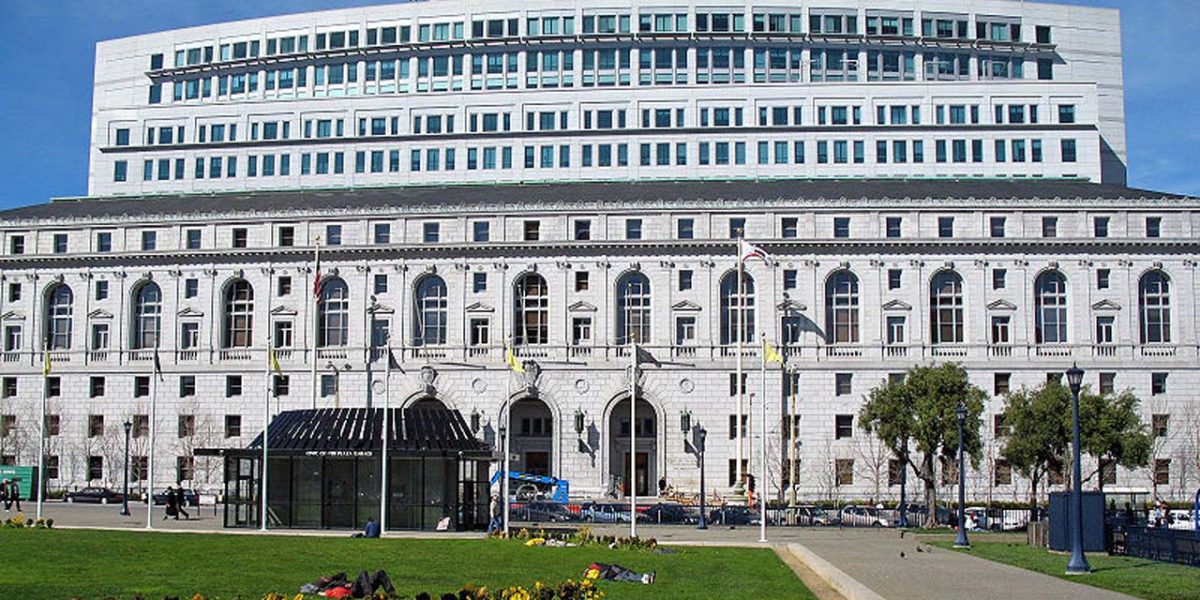In ZB, N.A. v. Superior Court (Lawson) (Sept. 12th, 2019), the California Supreme Court held that complainants or petitioners cannot recover unpaid wages as enshrined in the Labor Code § 558 in the Private Attorneys General Act of 2004 (PAGA) claim. This Supreme Court ruling considerably bars the total amount of penalties that complainants can attempt to retrieve in PAGA actions. The following are five aspects that employers or company owners must comprehend about PAGA as well as the Supreme Court ruling in Lawson:
A Simplified Perspective of the Private Attorneys General Act
PAGA was formed by the legislature of California to provide financial support to private individuals to implement state labor laws. However, by the launching of the legislation, unfortunately, the state labor laws lacked the required amount of resources and human resources needed to meet the fast-rising growth of the labor force in California.
PAGA gave aggrieved employees a chance to collect about 75% of the civil penalties for labor code infringements that were previously collectible by the labor commissioner. The resultant 25% was allocated to employees affected by the breaches.
PAGA Cases are Considered Demonstrative Cases that Vary from Class Actions
A 1-year statute of limitations is applicable to the case because a complainant presenting a PAGA claim can merely seek penalties. Note that under most wage and hour actions, there is a 4-year statute of limitations. Furthermore, the Supreme Court passed a ruling in Arias v. Superior Court, holding that a complainant does not need to have a class certified to retrieve penalties as enshrined in PAGA.
PAGA Claims May Not Be Waived in Arbitration Agreements
In Iskanian v. CLS Transportation Los Angeles, LLC, the Supreme Court held that PAGA claims cannot be waived in arbitration agreements. In Lawson, the Supreme Court affirmed and explained this prior holding, stating: “Requiring employees to forgo PAGA claims in this way contravenes public policy by “serv[ing] to disable,” through private agreement, one of the state’s “primary mechanisms” for enforcing the Labor Code.” (Iskanian, at p. 383.)
How Civil Penalties and Statutory Penalties Differ
In Lawson, the Court indicated that civil penalties are intended to “punish the employer” for wrongdoing, whereas statutory penalties are intended to compensate employees for losses. Prior to PAGA, civil penalties were only enforceable by law enforcement agencies.
Labor Code § 558 Permits Complainants to Recover Civil Penalties, But Not Unpaid Wages in PAGA Actions
Under Labor Code § 558, the Labor Commissioner may issue overtime violation citations as follows:
- For the first violation, $50 for each underpaid employee for every pay period the employee was underpaid, plus the amount sufficient to recover underpaid wages.
- For any subsequent violations, $100 for each underpaid employee for every pay period the employee was underpaid, plus the amount sufficient to recover underpaid wages.
A primary question addressed in Lawson is whether the language “an amount sufficient to recover unpaid wages” is a civil penalty which would be recoverable under PAGA. The Supreme Court ultimately held that underpaid wages are not recoverable under PAGA.
– Sapana Grossi








